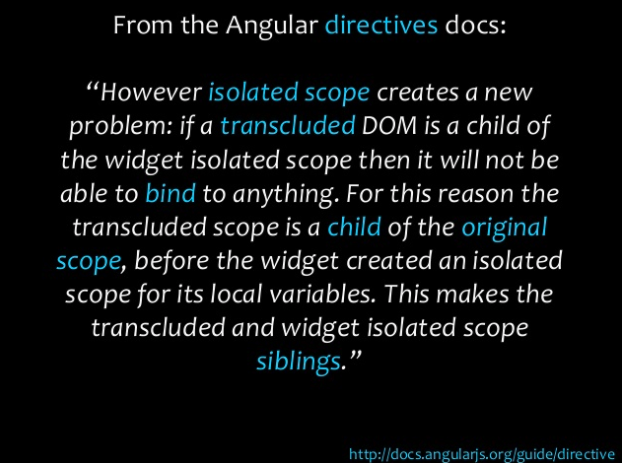Why I prefer React
July 2, 2017
 Slide from Rethinking Best Practices
Slide from Rethinking Best Practices
Up and Running
During my web dev bootcamp, I heard lots of people tell me that learning web frameworks is much harder than learning a programming language. Once you know the basics of a particular language, you can pick up a new one in about a week, give or take… Your main emphasis is learning language specific syntax and implementations, allowing you to leverage most of the knowledge you’ve already accrued from previous languages. This notion was reinforced with resources such as Learn X in Y, a site where you can easily digest the most common features of a variety of languages.
The same thing may not be said about frameworks. If picking up a new language usually takes a week, then getting comfortable with the basics of a framework may take up to a month or more (so I heard).
I couldn’t really believe these statements…

After all, a language should in theory be a much more complex beast than the framework itself. Right? As a growing developer, I’ve tried not to get too comfortable with the same tools I’ve already learned and set out to explore various frameworks and tools. By doing this, I’ve discovered how true these previous statements have been in my experience.
Angular, An Actual Framework
One of the frameworks that I kept going back to and then getting turned off by was Angular. I spent a lot of time on their docs, reading through ‘Up and Running’ sections, only getting frustrated by the snail speeds of the experience. At the time I just wrote it off as lack of experience, which is to be expected, however, I also felt like there was more to it. I just didn’t know what it was. My only reaction was to move on to something else and come back to it when I felt I had gained that elusive experience.
It was only when I stumbled upon the set of slides referenced above that I started to understand why I liked libraries like React or Vue.js much more. I enjoyed the composability of React components way more than the highly decoupled Angular directives with their separate templates and services. Sure, Angular is a much larger tool, after all, it prides itself on being a real framework covering all stages of the MVC model. However, I can’t stop to think how this emphasis on decoupling concerns can hurt the development process.
I’m not closing myself off to Angular forever, I’m just happy I have a better understanding of the reasons why for now I much rather invest my time with React.
Kindred Spirits
after @reactjs can't even look at template based frameworks. It solves everything. Fast, composable and easy to use.
— Tim Voronov (@ziflex) January 16, 2017
This list of #reactjs patterns is helpful for structuring components in a clean and composable way from the start.https://t.co/6trWW1aFSt
— Marc Löhe (@bfncs) August 31, 2016
"The philosophy of small, composable, single-purpose tools never goes out of style." https://t.co/33JOo3SVlO #reactjs #javascript
— Eric Nograles (@grales) January 6, 2016
❤️ composable UI components #reactjs
— Dimitris Karagiannis (@MitchKarajohn) May 26, 2017